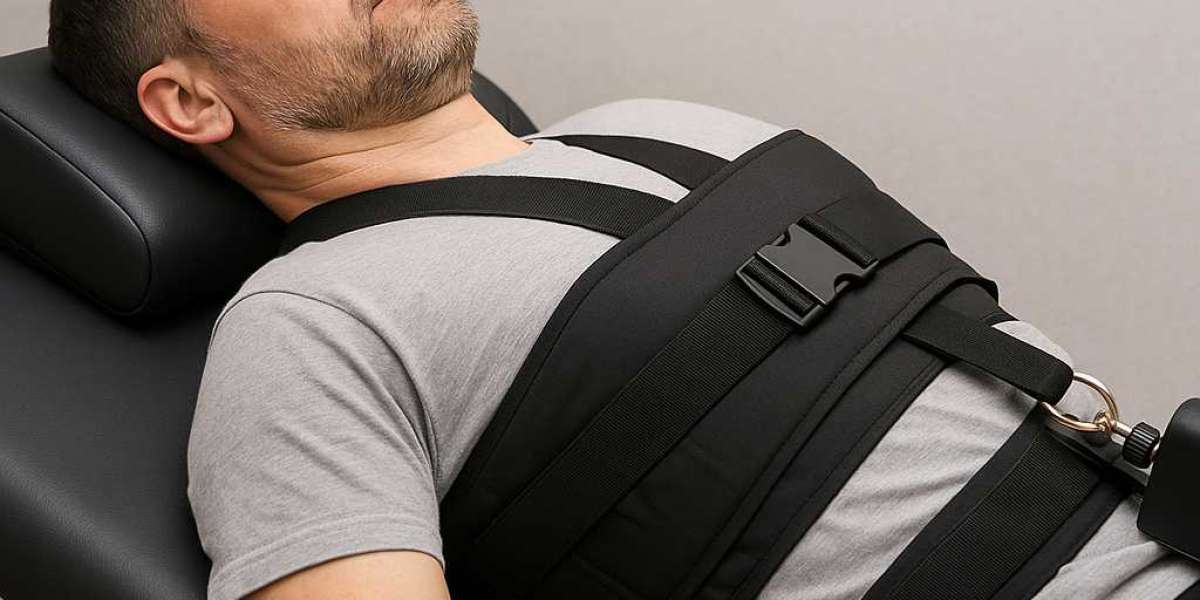The physical and emotional journey of pregnancy can be both beautiful and overwhelming. As a woman's body undergoes rapid changes, discomfort in the muscles, joints, and lower back can become a daily challenge. One effective and non-invasive way to manage these symptoms is through prenatal massage offered within a reputable physiotherapy clinic. By integrating massage with evidence-based physiotherapy, expectant mothers can receive comprehensive support tailored to their unique needs.
How Prenatal Massage Enhances Physiotherapy-Based Pregnancy Care
A physiotherapy clinic is often associated with injury rehabilitation and mobility restoration, but its role in prenatal care is equally vital. During pregnancy, the body’s musculoskeletal system adapts to carry the growing fetus, resulting in changes that can affect balance, posture, and circulation.
Prenatal massage, when conducted under the supervision or coordination of physiotherapy professionals, offers both immediate and long-term relief. Unlike a general massage spa, a clinic provides a medical setting where every treatment is tailored to the expectant mother’s stage of pregnancy, health history, and physical symptoms.
This partnership between physiotherapists and massage therapists ensures not just comfort but optimal fetal and maternal health.
The Science Behind Prenatal Massage in a Clinical Setting
When performed by certified professionals in a physiotherapy clinic, prenatal massage promotes several biological and mechanical benefits. It improves blood circulation, which is essential for oxygen and nutrient delivery to the baby. It also helps reduce swelling, often caused by fluid retention in the legs and feet.
Moreover, massage decreases muscle tension caused by posture shifts and hormone-induced ligament laxity. The physical stress that builds up in areas like the lower back, hips, and shoulders is carefully addressed during sessions, easing common discomforts like sciatic nerve pain or round ligament strain.
Pairing this with therapeutic exercises or manual therapy offered by physiotherapists enhances recovery and promotes long-term physical balance.
The Role of a Physiotherapy Clinic in Safe Prenatal Massage
Expectant mothers often hesitate to try new therapies due to safety concerns. However, a physiotherapy clinic removes these uncertainties. With qualified healthcare professionals guiding treatment plans, risk factors are assessed, and sessions are customized accordingly.
Massage techniques are adapted to avoid pressure on sensitive areas and to support the body with special cushioning. Furthermore, physiotherapists may identify biomechanical issues—such as misalignment in the pelvis or imbalanced gait—and use massage therapy to complement corrective treatments.
This integrated approach ensures safety, precision, and holistic maternal care.
Reducing Pregnancy Stress and Enhancing Well-Being
Pregnancy isn't just physically demanding—it can also take a toll on mental and emotional health. The calm, soothing nature of prenatal massage offers therapeutic benefits beyond the physical. Within the supportive setting of a physiotherapy clinic, massage therapy reduces anxiety, enhances sleep quality, and promotes relaxation.
For women who struggle with the psychological aspects of pregnancy—such as insomnia, mood swings, or prenatal depression—regular massage can act as a stabilizing force. The combination of touch therapy and professional medical oversight offers peace of mind and deeper emotional balance.
This dual support system improves a mother’s overall quality of life, laying the foundation for a healthier labor and postpartum recovery.
Conclusion
Pregnancy care is most effective when it is multidimensional. The combination of prenatal massage with professional services at a physiotherapy clinic creates a safe, customized, and highly beneficial treatment plan for expectant mothers. From alleviating physical discomfort to supporting emotional health, this integrated approach is a vital part of modern prenatal wellness. With skilled hands and medical guidance, mothers-to-be can embrace pregnancy with strength, balance, and confidence.








